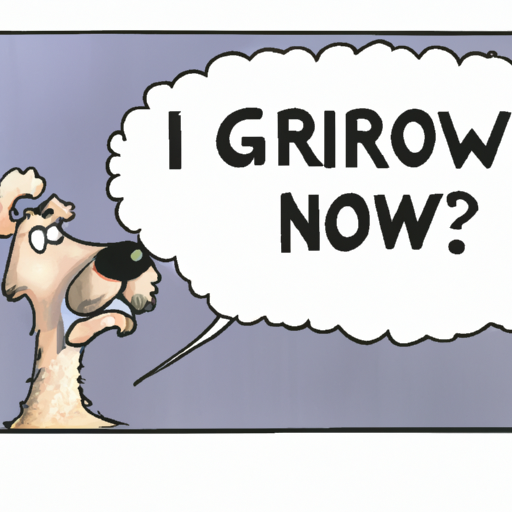Understanding Your Dog’s Communication
A good caregiver knows that understanding their dog’s unique ways of communication is key to nurturing a healthy relationship. You, as a loving and responsible caregiver, must have often wondered why your dogs growl. Growling is a primal form of communication for dogs, and it can signify a multitude of emotions or intentions.
The Reasons Behind Dog Growls
Fear or Anxiety
Dogs often growl when they are scared or anxious. If a new or unfamiliar situation makes your dog uncomfortable, they might growl as a way to express their discomfort. This is their way of saying, “I don’t like this, can you please help me?”
Possessiveness
Some dogs growl to establish dominance or control over a certain object, person, or space. This is more common in dogs with resource guarding issues. They might growl to say, “This is mine, and I don’t want to share.”
Pain or Discomfort
If your dog is hurt or unwell, they might growl to show their discomfort. It’s their way of telling you, “I’m not feeling well, I need your help.”
| Fear/Anxiety | Possessiveness | Pain/Discomfort |
|---|---|---|
| Unfamiliar situations | Resource guarding | Physical discomfort |
How to Respond to Your Dog’s Growls
The way you respond to your dog’s growl is crucial. It’s important to remember that punishing your dog for growling might stop them from communicating their discomfort in the future, which can lead to more aggressive behavior.
- Do not punish: Growling is a form of communication. Punishing your dog for growling will only suppress their communication, not the underlying issue.
- Identify the trigger: Try to understand what’s causing your dog to growl. Is it fear? Possessiveness? Pain? Identifying the trigger will help you address the root cause.
- Seek professional help: If your dog’s growling becomes frequent or aggressive, it might be time to seek professional help.
FAQ Section
Q: Why does my dog growl when playing?
A: Some dogs growl during play as a form of communication. It’s usually harmless unless accompanied by aggressive behavior.
Q: Is growling a sign of aggression?
A: Not always. While growling can be a sign of aggression, it can also indicate fear, anxiety, or discomfort.
Q: Should I punish my dog for growling?
A: No, punishing a dog for growling can suppress their communication, potentially leading to more aggressive behavior.
Understanding your dog’s growls is an essential part of being a responsible and caring dog owner. It allows you to address any issues your dog might be facing, and nurture a healthy and trusting relationship with your furry friend.



